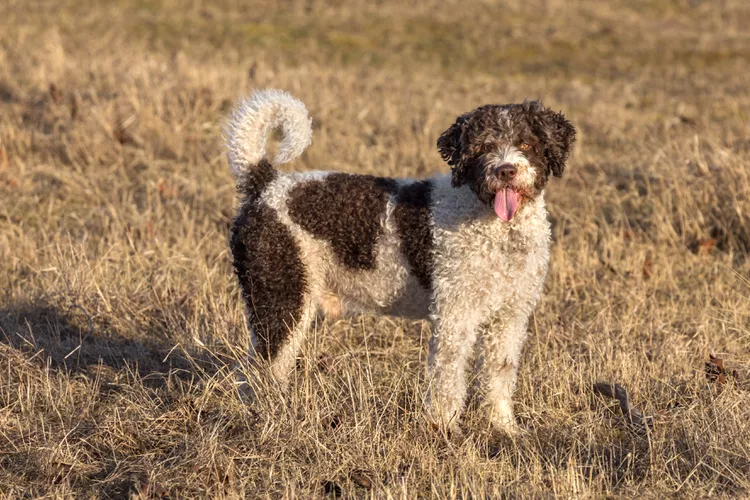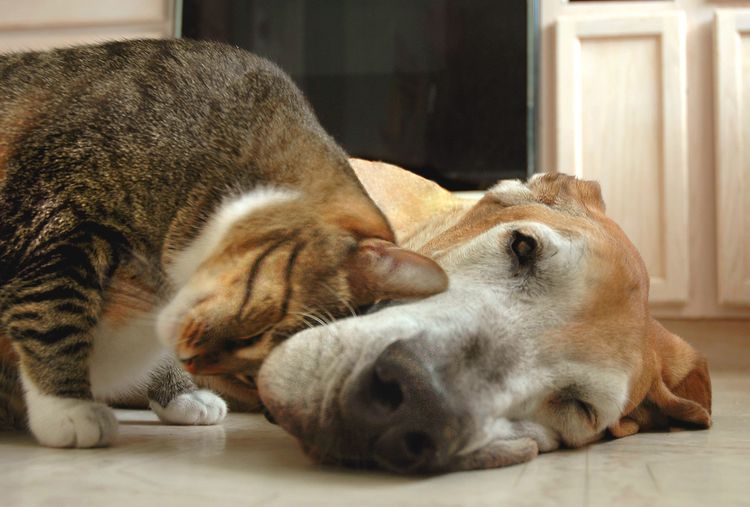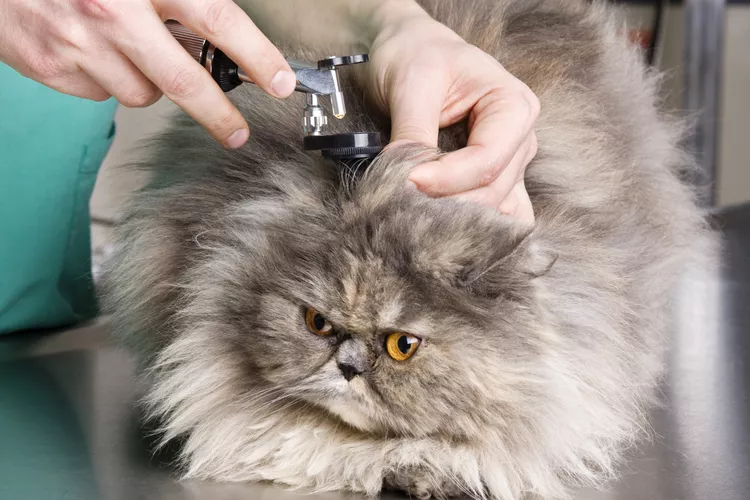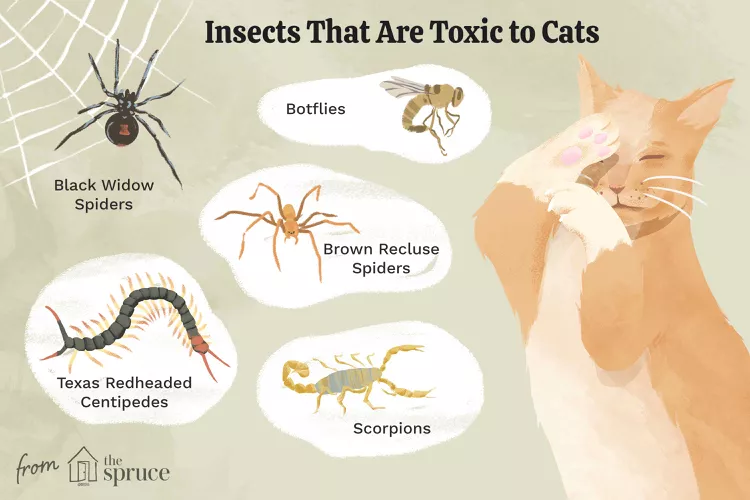
Most dogs develop a cough at some point in their lives, and it can be difficult to determine if your dog is responding to an irritant from the environment or a serious health concern. Dogs navigate the world with their nose, and because of this, your dog’s nose comes into contact with a variety of things like dust, germs, and dirt, all of which can lead to a cough.
A cough can be a symptom of a number of different problems in dogs. The type of cough and your dog's breed, age, and environment can all be helpful to your veterinarian in diagnosing the cause of the cough. While a cough could be minor due to obvious causes like an allergen or irritant in the throat, some causes could be more serious, and if left untreated, could lead to infection or pneumonia. Find out more about the underlying causes for coughing, how a diagnosis is made, and how this condition may be treated.
A cough is a reflex that is stimulated by irritation or foreign matter in the trachea or bronchi. It is a protective mechanism to keep the airways and respiratory tract clear of secretions and foreign material. A cough consists of a sudden, forceful expiration of air. There are many reasons why a dog will cough, but there will always be an underlying cause. All dogs cough sometimes, but only a veterinarian can help you rule out some of these causes to pinpoint why your particular dog is coughing and give you a plan for treatment. Here are a few of the more common reasons why dogs cough.
Kennel cough, also known as canine infectious respiratory disease, is a contagious respiratory disease transmitted between dogs. Your dog can be infected if they spent time in a kennel, at the groomer, or anywhere there are other dogs. A dry, hacking cough that is sometimes followed by a gag and retch is a common symptom.
A deep, wet cough can be a symptom of pneumonia. This cough can often be accompanied by a fever, difficulty breathing, weight loss, and nasal discharge. Pneumonia can be caused by viruses, bacteria, fungi, or parasites.
A cough that is acute and sounds more like gagging, especially when accompanied by lip licking or attempts to swallow, could be a sign your dog has a sore throat, or something stuck in their throat. Grass, seeds, dirt, and other things can be inhaled, and dogs can get small pieces of sticks or toys stuck in their trachea. If coughing doesn’t eject the foreign object after a few coughs, you should take your dog directly to the vet and have it examined and the foreign body removed as soon as possible. Foreign objects can lead to potential infection and pneumonia in some cases.
Dogs with heart problems, including an enlarged heart, heart murmur, and congestive heart failure, can all experience bouts of coughing. Some dogs with a chronic heart murmur will develop progressive enlargement of the upper chambers of their heart. This enlargement can eventually result in congestive heart failure, a condition in which fluid leaks into the lungs and causes a cough.
Tracheal collapse is most common in overweight toy and miniature breeds of dogs, but can occasionally occur in large breed dogs as well. Dogs with this condition will often have a honking, chronic cough that worsens when the dog is excited, pulls on the leash, or is picked up. Strategies to prevent episodes include keeping your dog at a healthy weight, using a harness instead of a collar, teaching your dog to not pull on the leash, and avoiding excitement when possible.
Other conditions that can cause coughing in your dog include chronic bronchitis, canine influenza, heartworm disease, and some types of cancer.
If your dog is coughing abnormally, it's a good idea to reach out to your vet. Your description of the kind of the cough (moist, dry, hacking, etc.), when the cough occurs (during rest, activity, night, day, etc.), and if anything brings on coughing are all important information to note, as it can help your veterinarian make a more informed decision about your dog’s care.
If your dog's cough doesn't resolve quickly on its own or if your dog is coughing violently, get them to the veterinarian. Most coughing-related issues are treatable or manageable, especially if caught early.

Tetanus in Dogs
Tetanus is an infection caused by bacteria found in soil. It can cause severe symptoms in dogs and even lead to death if not treated promptly.
8 Common Dog Paw Problems
It is important to check your dog’s paws regularly for any issues and take steps to keep them healthy and protected.
Common Injuries in Dogs and How to Treat Them
Learn about the most common injuries in dogs—whether in their legs, spine, tail, or eye—and how you should treat them with this helpful list.
Can Cats Eat Strawberries? How to Safely Share This Summer Berry
Although cats are primarily meat eaters, strawberries may be an interesting and tasty snack for your feline friend. Find out the risks of feeding strawberries to cats and how to safely let your cat enjoy this fruit.
Is Shrimp Bad For Dogs?
Shrimp can be a healthy, nutritional food for people but can dogs eat them, too? What are the main concerns with feeding shrimp to your dog?
Dog Food Basics
Are you feeding your dog the best way possible? Check out these dog feeding tips to keep your dog healthy and happy.
Rhodesian Ridgeback: Dog Breed Characteristics & Care
The Rhodesian ridgeback is a large hunting dog with a high prey drive. Learn about the breed's history, exercise needs, and more.
Berger Picard: Dog Breed Characteristics & Care
The Berger Picard is a French herding dog with a friendly smile and shaggy beard. Learn about its history, health, exercise needs, and more.
Spanish Water Dog: Breed Characteristics & Care
In the hands of an expert owner, the Spanish water dog shines as an active and faithful companion. Learn about its history, training, and more.
Cat Bunting Behavior: What Does It Mean?
Cats rub their heads against prominent objects to leave scent markings as a part of scent communication.
How to Train Your Cat to Stop Urine Marking
Most male (and some female) house cats will mark territory at some point. Learn the causes or cat urine marking and how to prevent this annoying behavior.
7 Reasons Why Cats Love Bathrooms
Why do cats follow you to the bathroom? Many cats—strangely enough—love the bathroom! Find out why cats seem to love bathrooms so much.
Leptospirosis in Cats
Leptospirosis is rare but potentially fatal in cats. Learn the causes, treatment, and prevention.
Ear Infections in Cats
An ear infection must be treated based on the source of irritation, which may be internal or external. Learn the causes, treatment, and prevention.
Insects That Are Toxic to Cats
Can cats eat bugs? Some bugs can cause injury or illness to your cat, while others are relatively harmless.
Testing for Contagious Feline AIDS (FIV)
Cats should be tested for the contagious feline immunodeficiency virus or FIV. Cats that are positive for the virus usually live normal lives.
Why Does My Dog Pee on My Bed?
Is your dog peeing on your bed? Find out why your dog is having urinary accidents on the bed and learn what to do about it—plus how to stop the habit.
Why Almost Any Dog Can Do Agility Training
Why Almost Any Dog Can Do Agility Training
How to Train Your Dog to Shake Paws
Shaking paws is a fun dog trick that most dogs pick up rather quickly Learn how to train your dog to shake in just a few simple steps.
14 Asian Cat Breeds And Their Rich Hiss-tories
Find out more about the cat breeds that originated from Asia. Some breeds include the Persian, Oriental shorthair, and Japanese bobtail.